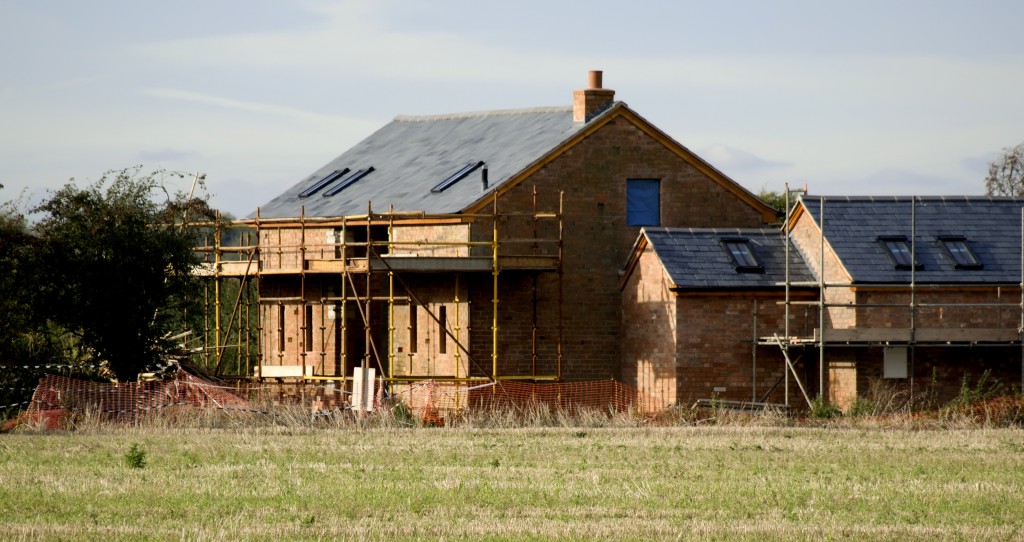Building disputes solicitors: construction claims
Building disputes & constructionclaims in London & regional UK courts for UK & international clients: legal proceedings and in non-litigation dispute resolution systems – arbitration, adjudication, mediation.
Our lawyers are effective, tenacious litigators if early dispute-resolution proves impossible.
Our team has wide experience of representing clients in arbitrations & building dispute litigation in the County Courts, High Court, Technology & Construction & Mercantile Courts:
- Residential building disputes
- Commercial building disputes
- Litigation
- Mediation
- Arbitration
- Advice on forms of building contract
- Adjudication
- Alleged defective works
- Terms & conditions for commercial and residential builders
- Commercial debt collection
Building disputes: time-consuming and expensive
Alternative dispute resolution often proves a cost-effective and efficient means of resolving disputes without the need to commence court proceedings. In view of this we seek to open lines of communication between the parties at an early stage and to explore the possibility of attempting to resolve the dispute by way of alternative dispute resolution including:
- round-table meetings between the parties;
- mediation; arbitration; adjudication preparation and exchange of experts reports;
- meetings of experts.
The Pre-Action Protocol for Construction & Engineering Disputes
Subject to a number of limited exceptions, the Pre-Action Protocol for Construction & Engineering Disputes (Protocol) applies to all construction and engineering disputes (including professional negligence claims against architects, engineers and quantity surveyors). Parties should also comply with the applicable court pre-action practice direction, which sets out the conduct that the court will normally expect of prospective parties.
The Technology and Construction Bar Association (TECBAR) and the Technology and Construction Solicitors Association (TeCSA) have launched the second edition of the Pre-Action Protocol for Construction and Engineering Disputes. At the launch, Coulson J confirmed it has been endorsed by the Technology and Construction Court (TCC) judges and would come into force on 9 November 2016.
There is more emphasis on proportionality. The Protocol’s objectives have been rewritten so that parties only have to provide “sufficient information” to understand each other’s position and make informed decisions about settlement and how to proceed.
This theme of reducing the costs involved in complying with the Protocol continues in the aims, where the emphasis is on a party providing an “outline” of its case and in the letters of claim and response, which now refer to a “brief” summary of the claim and a “brief and proportionate” response.
To prevent a drawn-out pre-action process, the time limits have been shortened and the parties’ ability to agree extensions of time is restricted.
Preparing for building disputes & construction claims
None of us conducts our affairs with litigation in mind, but when a dispute arises, keeping these practical steps in mind may be of assistance:
- Put it in writing – even if there has been little or no written correspondence between you and the builder beforehand, you should put your grievances in writing and give the builder a chance to respond. This may assist in showing that your actions were reasonable if the matter ever comes before a court.
- Make contemporaneous notes – or those things that cannot be recorded in writing this may be the best alternative. For example if you consider that the builder is behaving in an unreasonable manner or that aspects of the work/working practices are unsatisfactory, record what/where/when/who while your recollection is fresh.
- Keep receipts and invoices – this may sound obvious but if the dispute is in relation to amounts claimed or the cost of remedial work, accurate details of the amounts involved will be essential. Similarly, if further work is required obtain a fully itemised quotation/estimate in relation to the work.
- Take photographs – this may be of assistance in showing defective work or the stage the work has reached. It may be particularly important to show the position the work has reached if subsequent work/alteration are likely to take place. Ultimately, however, it is likely that if the dispute progresses expert evidence will be required and contemporaneous photographs may be of assistance to experts.
- Try to be calm and collected – this may go some way to taking the “heat” out of the dispute and avoiding the breakdown of your working relationship.
Some key building & construction contract law
“Repudiation in the context of this case is taken to describe the circumstances where “one party so acts or expresses himself as to show that he does not mean to accept the obligations of a contract any further” Heyman v Darwins [1942]
In normal circumstances a breach of contract by one party does not entitle the other party to bring the contract to an end.
There are 2 exceptions to this rule:
- where the contracting parties have agreed whether by express words or by implication of law that any (or a particular) breach of contract shall bring the contract to an end
- where the event resulting from the breach of contract has the effect of depriving the other party of substantially the whole benefit which it was the intention of the parties that it should obtain from the contract i.e. where there is a fundamental breach Photo Products v Securicor [1980]
In the second case the court must consider the commercial significance of the breach or breaches of contract. To amount to a fundamental breach it must go to the root of the contract Federal Commerce v Molena Alpha [1997]
Repudiation requires acceptance if it is to bring the contract to an end. Failure tocontinue to perform may be sufficient notice that the innocent party has elected to treat the contract as at an end Vitol SA v Norelf Ltd [1996]
In general, mere negligent omissions or bad workmanship, where the work is substantially completed, does not go to the root of the contract and is not therefore repudiation Hoenig v Isaacs [1952]
However, an accumulation of breaches may indicate an inability on the part of a contractor to deliver the contract to a reasonable standard. In Sutcliffe v Chippendale & Edmonson [1971] the court held that:
“the contractors’ manifest inability to comply with the completion date requirements, the nature and number of complaints from sub-contractors and [the architect’s] own admission that in May and June the quality of work was deteriorating and the number of defects was multiplying, many of which he had tried unsuccessfully to have put right, all point to the truth of the complainant’s expressed view that the contractors had neither the ability, competence or the will by this time to complete the work in the manner required by the contract.”
Where time is not of the essence, delay on the part of the contractor does not amount to a repudiation unless it is shown that he cannot complete the contract within a reasonable time or that the delay is such as to deprive the innocent party of substantially the whole benefit of the contract.
In Felton v Wharrie (1906 the contractor had not finished the work by the completion date and when asked how long it would take he said he could not say. The contractor continued to work on site and 2 weeks later he was forcibly ejected. The Court of Appeal held that the employer had no right to determine the contract.
“If he were going to act upon the claimant’s conduct as being evidence of his not going on, he ought to have told him of it and to have said, ‘I treat that as a refusal’, and the man would know of it but the fact of allowing him to go on cannot be any evidence of justification of re-entry.”
“As far as the employer is concerned, if the employer wrongfully and by his own act and without lawful excuse renders completion of the contract impossible, that amounts to a repudiation. This must apply to the situation where the employer ejects the contractor from site before completion.” Hayes & Others -v- Gallant [2008]







